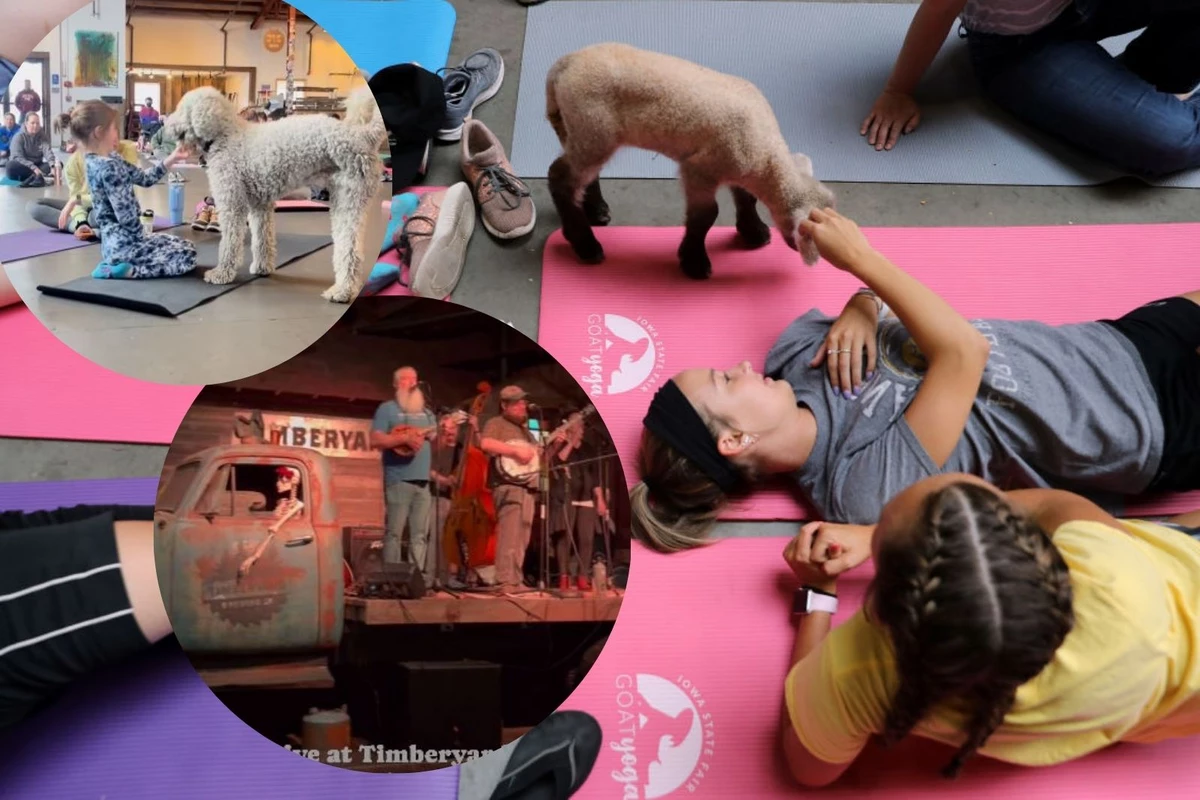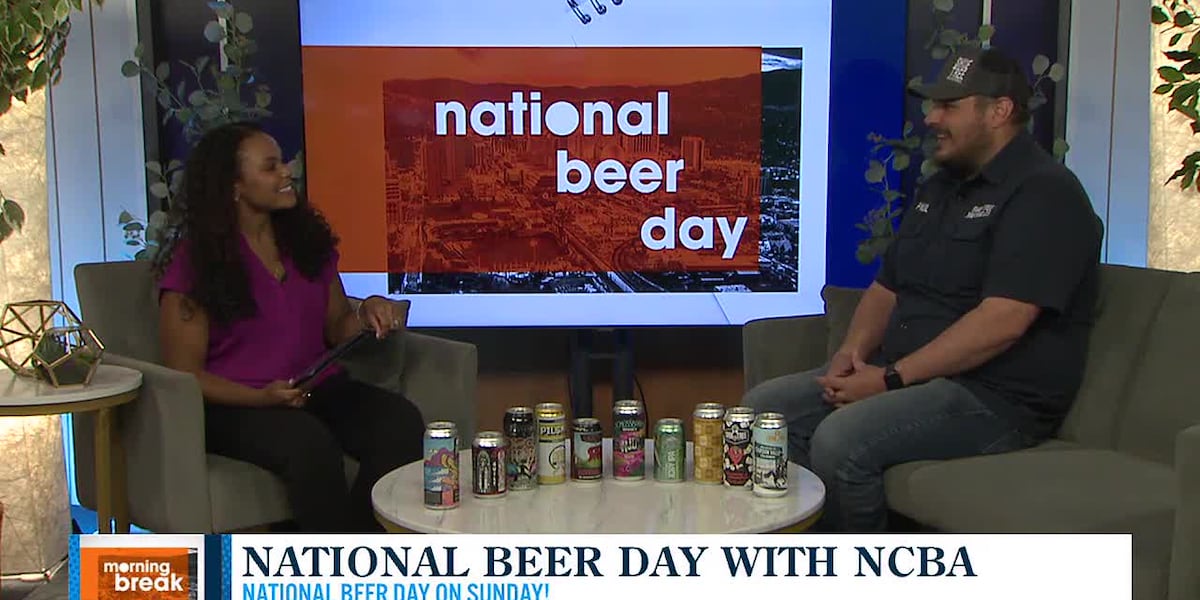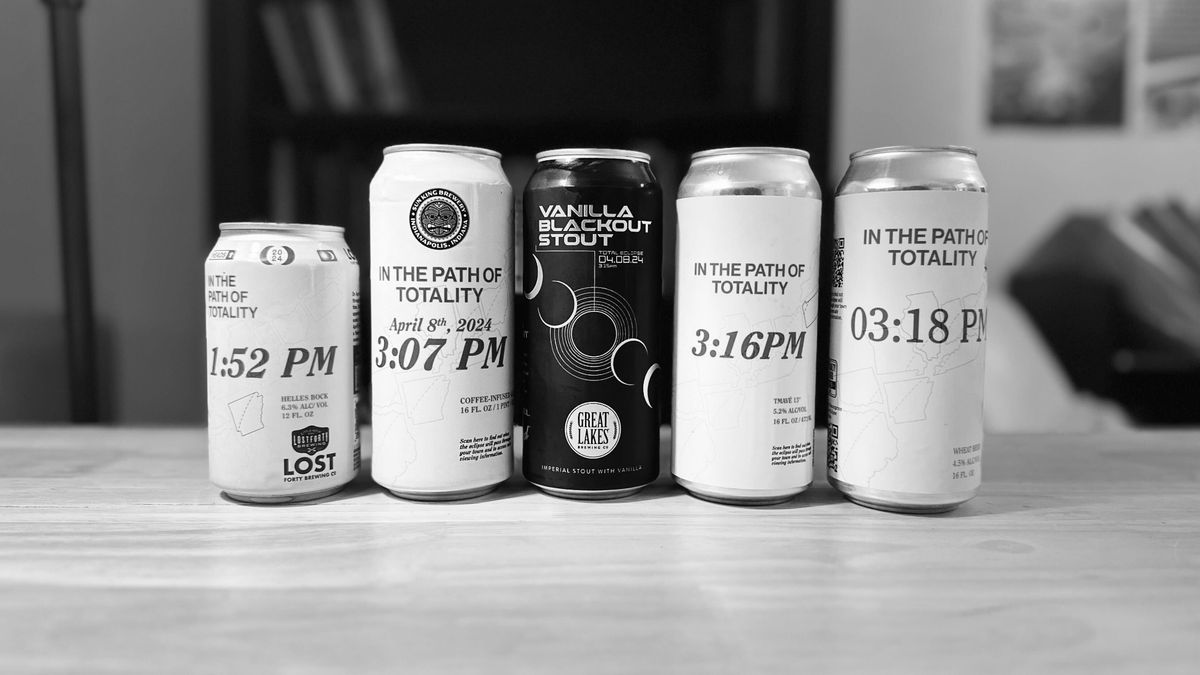Embracing the Spirit of Dry January in the Brewing Industry
Every year, the phrase ‘Dry January’ echoes through the halls of breweries and pubs alike. It’s a time when many decide to abstain from alcohol for a month, for health or personal reasons. But what does this growing movement mean for the breweries and beer enthusiasts?
A Shift in Craft Beer Culture
Traditionally, smaller breweries might have let Dry January pass without much notice, their taps flowing as steadily as the snow outside. However, as more people enthusiastically join the Dry January movement, craft beer makers are finding creative ways to stay relevant and empathetic towards their patrons’ choices. Beyond simply offering non-alcoholic options, they are participating in a larger dialogue about responsible consumption and the role alcohol plays in social spheres. This approach supports the community spirit that has always been part and parcel with the craft beer ethos.
Reading the Room: When Breweries Confront Dry January
Recent social media posts from breweries across the country reveal varied responses to Dry January. Some posts are encouraging, urging people to find ways to support local brewers without necessarily consuming alcohol. Others take a lighthearted tone, reminding us that visiting a brewery isn’t solely about the beer—it’s also about the sense of togetherness. Yet, some veer towards a combative stance, challenging the Dry January concept outright. In any case, breweries are becoming more proactive in navigating this trend.
Changing Consumer Preferences & Brewery Adaptations
The craft beer market isn’t just facing the challenge of Dry January. It is also adapting to shifts in consumer preferences. People are increasingly reaching for alternatives like flavored malt beverages, ready-to-drink cocktails, and non-alcoholic beers. Breweries, in turn, are expanding their offerings to cater to these changing tastes, reinforcing the idea that their businesses are about more than just beer—they’re about community and shared experiences.
Breweries that Listen, Adapt, and Thrive
Amidst the ebb and flow of business, particularly during the slower months, breweries are finding that engagement isn’t solely driven by beer sales. Activities like mocktail classes, and the promotion of non-alcoholic options, are drawing in crowds. Even in a month dedicated to abstaining from alcohol, there are opportunities for breweries to evolve and connect with their audience in meaningful ways.
The Core of Craft Beer: More Than a Drink
Tapping into the heart of the craft beer movement reveals a deep-seated affiliation with community ties and personal connections. It’s in these spaces where “the magic of a taproom” shines. By listening to what the community wants, breweries can offer a broader range of experiences and products. Moving beyond the bottle and the pint glass, breweries can become gathering places that support communal goals, including those of wellness and moderation.
The Bottom Line: Community First, Beer Second
Breweries have long been integral to local culture, and as they navigate Dry January and the year ahead, their commitment to the community is more important than ever. By aligning with community needs and offering diverse experiences, craft breweries can cultivate support and patronage far beyond the confines of a purely alcohol-centric business model. After all, the question isn’t only about getting people to care about craft beer—it’s also about showing that craft beer cares about people.
And so, as the craft beer world turns its kegs into the slow currents of January, it’s clear that beer, while central to their operations, is just one part of a much larger, community-oriented picture.







